Share on social

Women are bearing the brunt of the pandemic and its effects on our economy
In her last Irish News column of the year, Roseann Kelly, CEO Women in Business NI reflects on 2020 & the challenges experienced by women in particular as a result of Covid-19. Roseann looks ahead to 2021 with optimism & a call for strong leadership.
Tuesday 8 December 2020
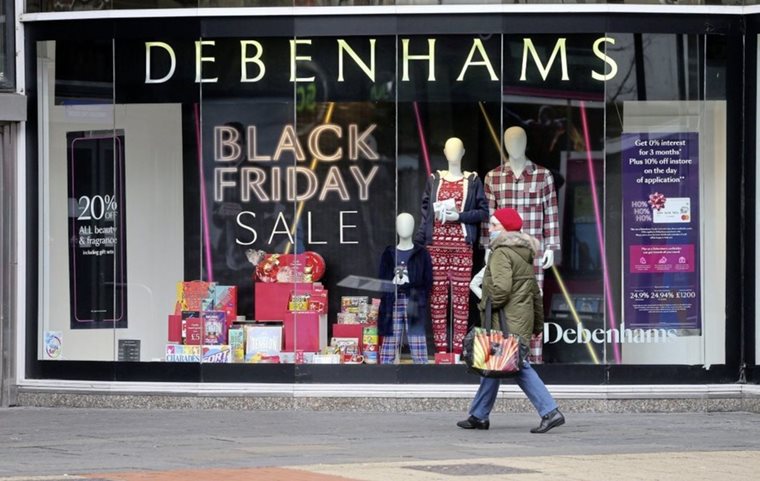
In her last Irish News column of the year, Roseann Kelly, CEO Women in Business NI reflects on 2020 & the challenges experienced by women in particular as a result of Covid-19. Roseann looks ahead to 2021 with optimism & a call for strong leadership.
2020 has possibly been the most challenging year any of us have had to contend with. The impact of Covid-19 has been far reaching, deep rooted, indiscriminate, yet disproportionately felt across the community. We miss normal and close interaction with our family and friends, our health service is struggling, the economy is reducing and many cornerstone, long standing businesses together with start-ups and independents are fighting, at times unsuccessfully for survival.
The announcement last week of the collapse of the Arcadia Group and the closure of the five Debenhams stores in NI reflects the extreme challenges of the economic landscape. An estimated combined job loss of 1,600 is a devastating blow to employees and their families, and further compounds the negative economic forecast and the tough times ahead.
It has been widely reported that women are bearing the brunt of the pandemic and its effects on our economy. The sectors which have been most adversely affected by Covid-19 employ a high percentage of women and are also vulnerable to lockdown measures. In particular, women are being hardest hit by the job losses in retail according to economist Lisa Wilson of Nevin Economic Research Institute (Neri), as women generally gravitate towards jobs in the sector due to the flexibility they offer. The future of retail is precarious, and the pandemic has potentially accelerated the demise of the high street as we know it. Without the anchor shops to drive footfall and with an increased move to online shopping, now more than ever we must make the conscious decision to play our part and shop local. We have too much to lose.
According to Mind UK, women are also being disproportionately affected by a rise in mental health problems, with disparities found in the number of women and men reporting increases in challenges in relation to mental illness since the first lockdown. The Office of National Statistics also revealed that women in the UK provide 74% of all childcare time and many are experiencing the challenge of balancing increased childcare responsibilities alongside work commitments – not any easy task adhoc with school closures still ongoing, and parents, and more often than not mums, forced to take on an additional role of ‘teacher’.
However, our combined reaction to the pandemic has also accelerated a move to remote and flexible working structures and a greater recognition of the contribution made by stay-at-home parents. Technology combined with new government guidance recommending working from home where possible, has given modern women the empowerment of joining tradition with innovation. It is just a pity that it has taken a pandemic to for a more flexible approach of family and work to be met.
Jacinda Arden led the way globally in terms of her country’s response to the pandemic - decisive, compassionate and well-reasoned actions playing a key role in contending with the virus. Jacinta led by example, surely one of only of a handful of global leaders in history to secure a pay cut for ministers / politicians, contrasting sharply with the approach adopted by other politicians across the world and closer to home.
Northern Ireland is widely acclaimed for its young, hardworking, and talented population – woman and men - and it is incumbent upon decision makers and business leaders in the coming year to provide the best circumstances to allow them to flourish in a new, altered economy. We urgently need a government action plan to allow us to build back better, which of course means build back more diverse!
As I sign off on my last column for 2020, we are still waiting for a deal to be brokered between the EU and the UK – businesses have suffered enough and for 2021 we deserve a comprehensive trade agreement and strong leadership to deliver long term progressive strategies.
However, I look to 2021 with a sense of optimism - the news of a vaccine brings with it great hope and I am calling on our Executive to step up and show us all the leadership we deserve. To all the hardworking women and men, who spent 2020 juggling many new roles, and taking on new challenges, have a restful and safe Christmas.
Tuesday 8 December 2020



 Contact us
Contact us
 Share on social
Share on social Share with a friend
Share with a friend Facebook
Facebook LinkedIn
LinkedIn
 Twitter
Twitter


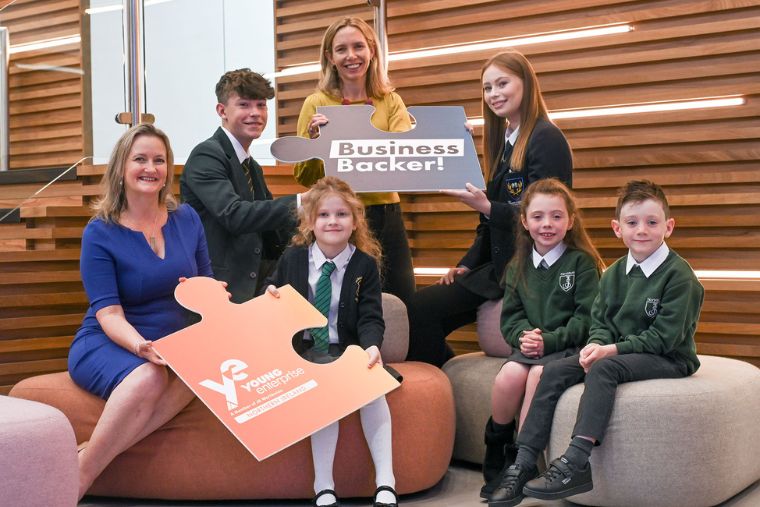
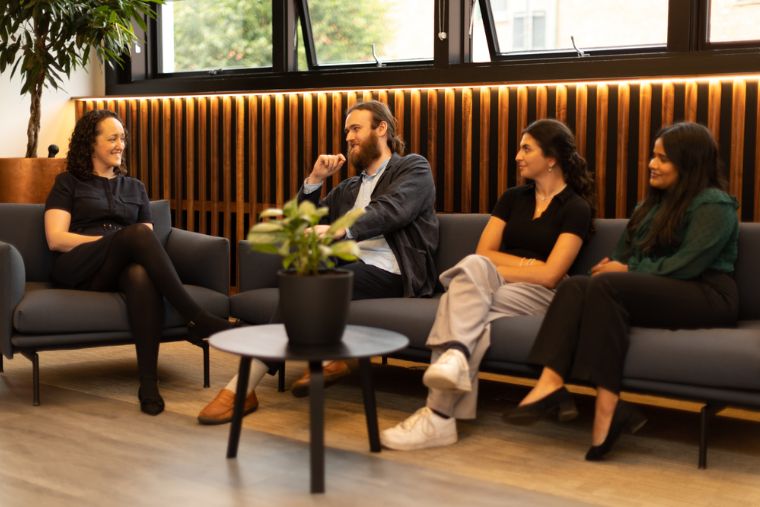


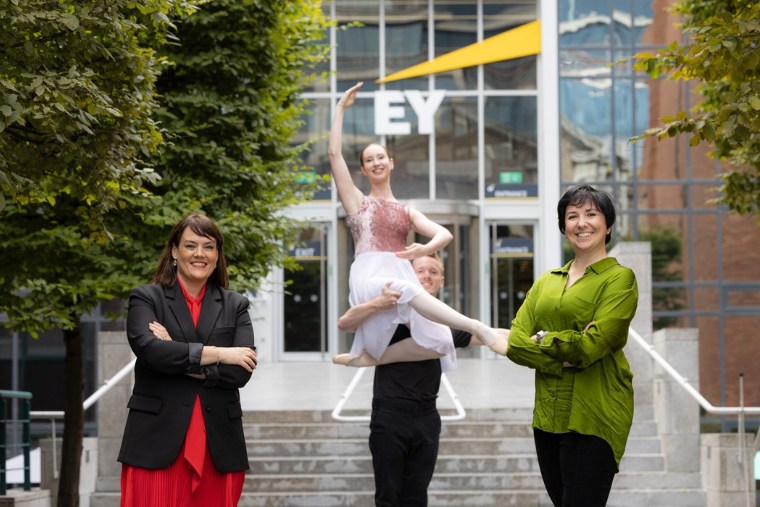
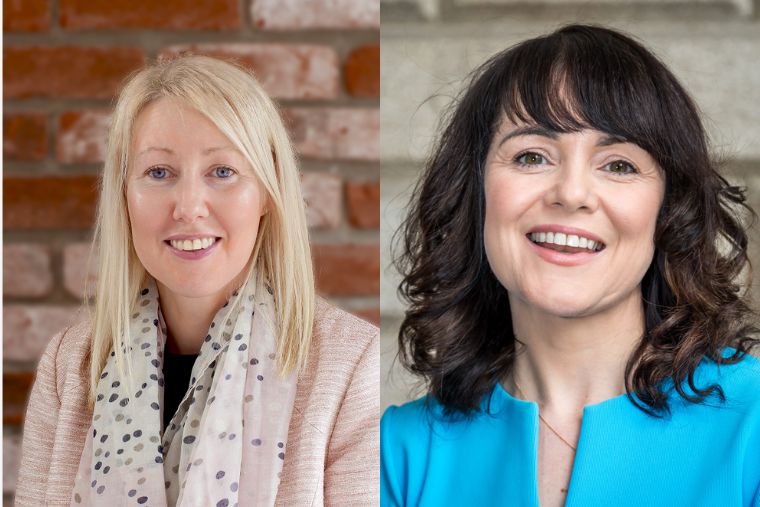




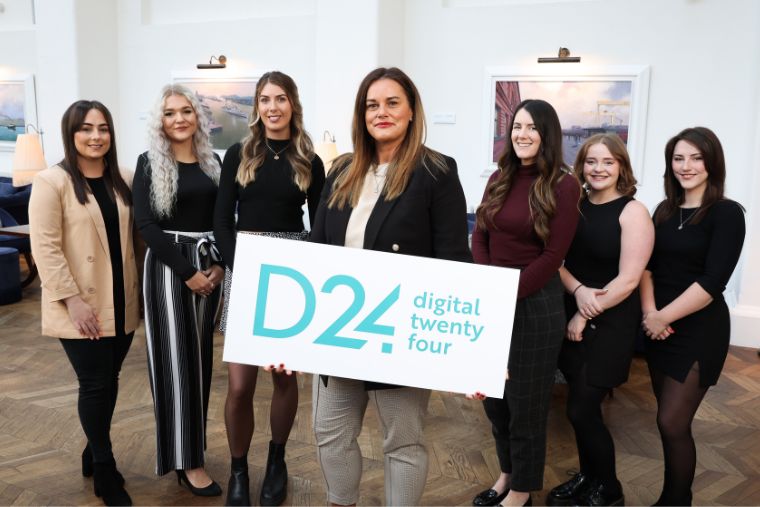
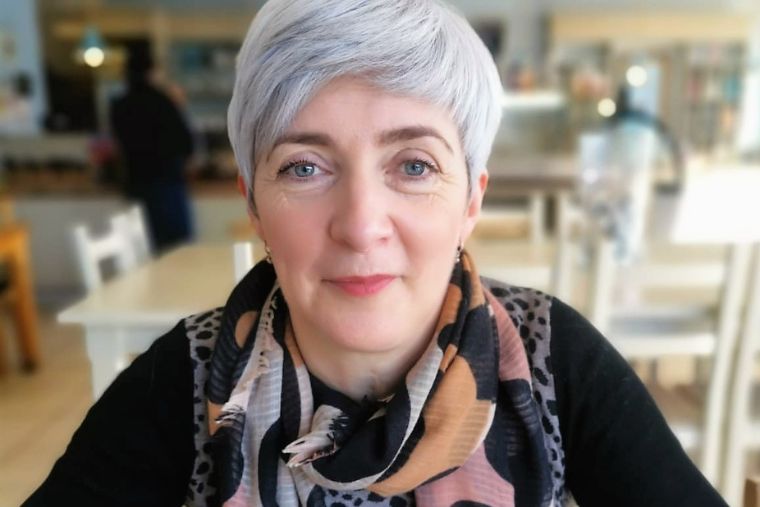
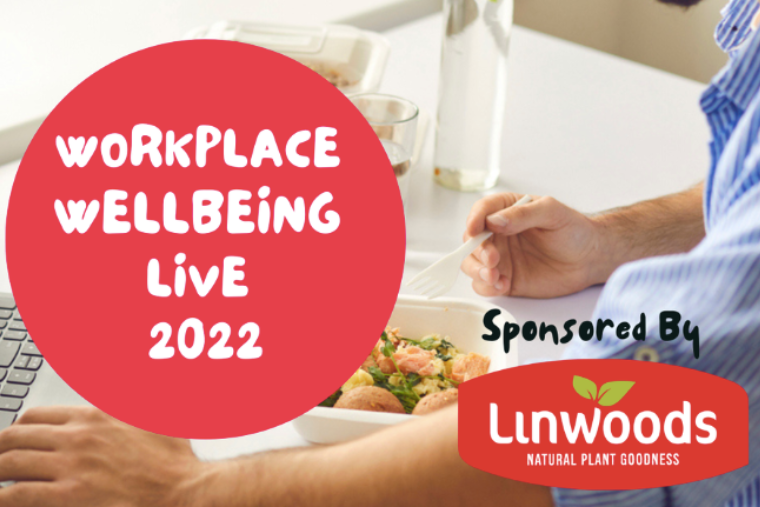

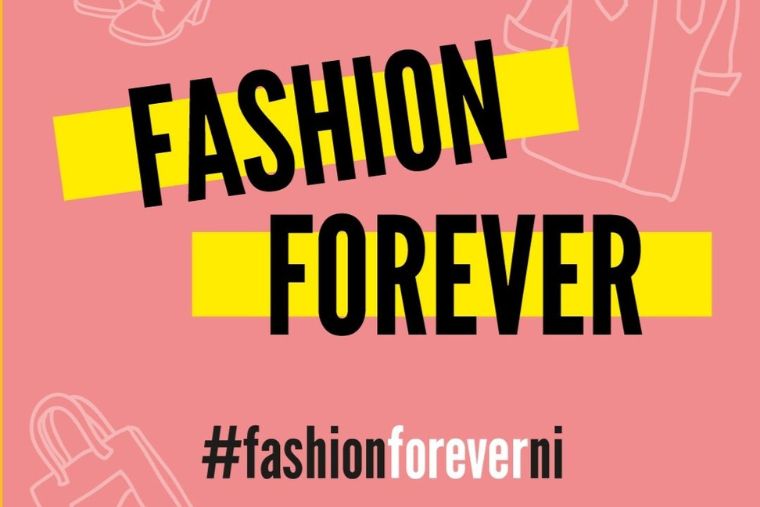



 Get in touch with us
Get in touch with us